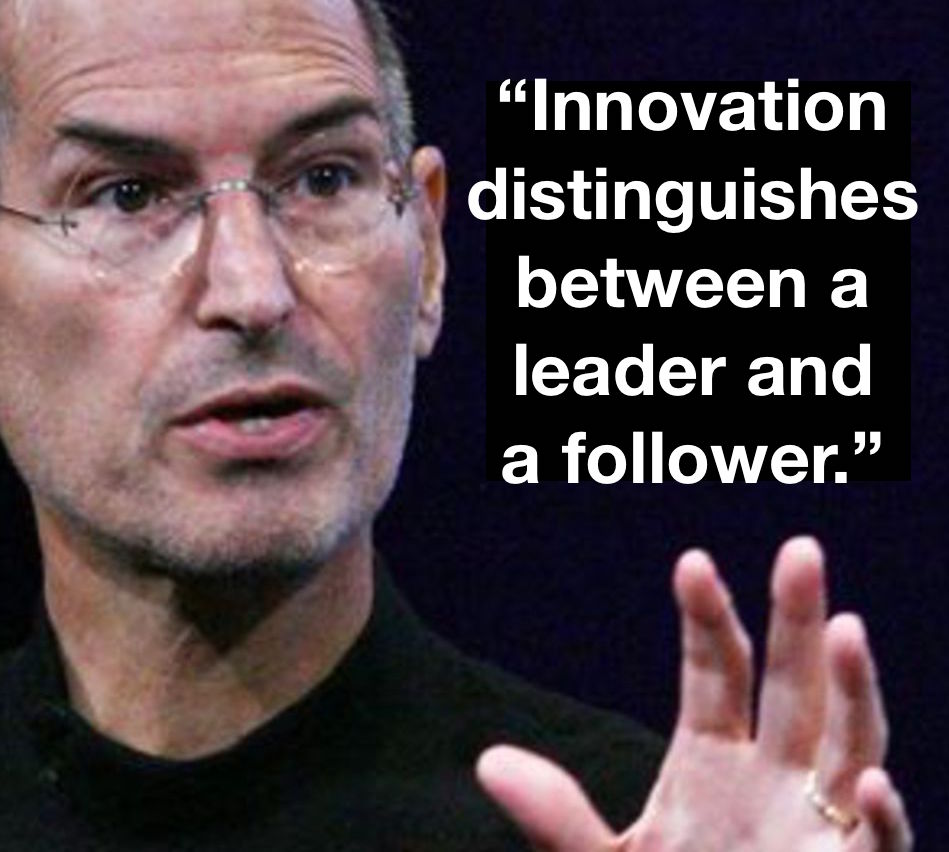"Our most important innovation is the way we work." Observations by Curt Carlson http://www.practiceofinnovation.com.
Curt Carlsons definitions of a number of basic innovation terms. Below are some of the most important.
Value creation is the process of discovering and creating new knowledge to address an unmet customer, market, or societal need. Engineering R&D and the incubation of new commercial ventures are examples of value-creation.
Innovation is the delivery of a new product, organization, or method that has value to a segment of society. All significant innovations create surprising new knowledge. For example, the publication of CRISPR created a paradigm shift in the field of biology; the smart phone fundamentally changed how the world views human communication. Specific innovations last only as long as they are sustained by making a profit or by other means, such as through voluntary contributions. Most innovations eventually go away or are integrated into new innovations.
Entrepreneurship describes the skills and personal characteristics of those who organize and bring to life new products, businesses, or enterprises. Entrepreneurs exhibit considerable initiative and often take substantial risks.
A Value Proposition describes those core items to be addressed in all productive initiatives, from basic research through to commercialization. The four minimum items are: 1) the societal Need to be addressed, 2) the Approach for the need’s solution and sustainability model, 3) the Benefits per costs resulting from this solution (i.e., the value), and 4) how this value compares to the Competition and alternatives. This is called an NABC value proposition.
Value-Creation Forums are recurring team meetings to accelerate value creation. They employ best experiential learning and creating principles. Team members present short NABC value propositions, which provides the framework for meaningful discussion. They then receive constructive feedback from teammates — what is incomplete or unconvincing and what is defensible and persuasive? This feedback helps define the research agenda between meetings. Rapid learning is achieved by observing the different presentation’s failings and achievements, and by the friendly competition to excel that the forums engender among the participants.
A Value-Creation Playbook describes the concepts and collaboration processes needed for performing effective team science and successful value creation. For example, in a multi-disciplinary team, each field has its own unique language and concepts. The playbook provides a common language and conceptual framework for efficient, collaborative RD&I. Several examples of concepts included in the playbook are given above.


No comments:
Post a Comment